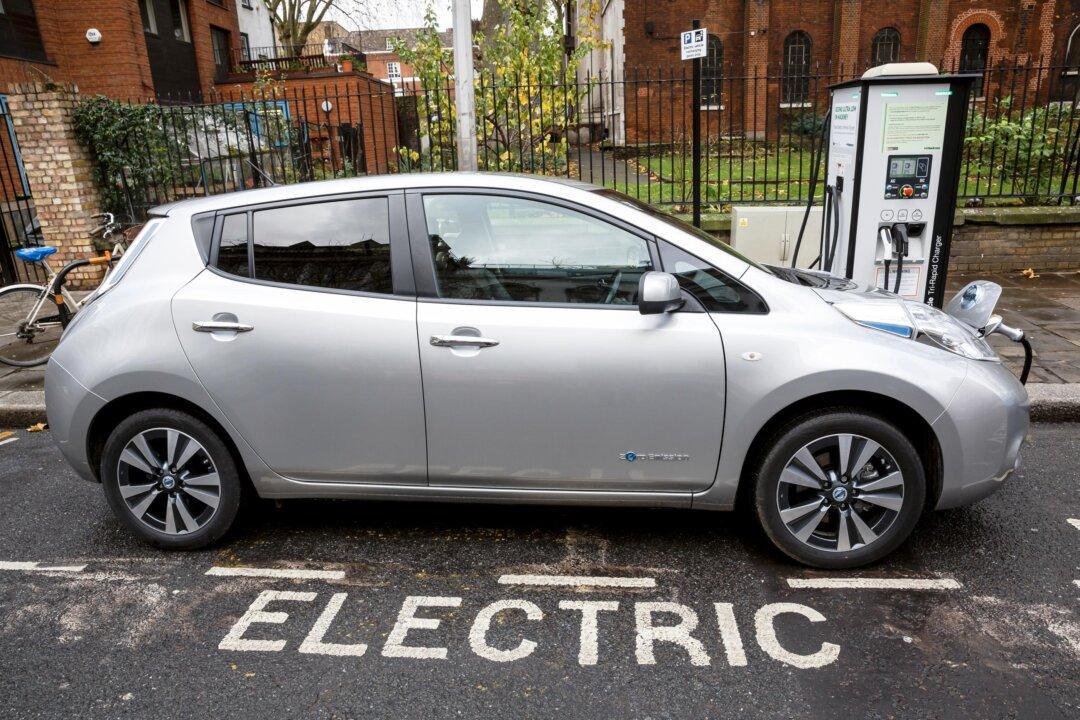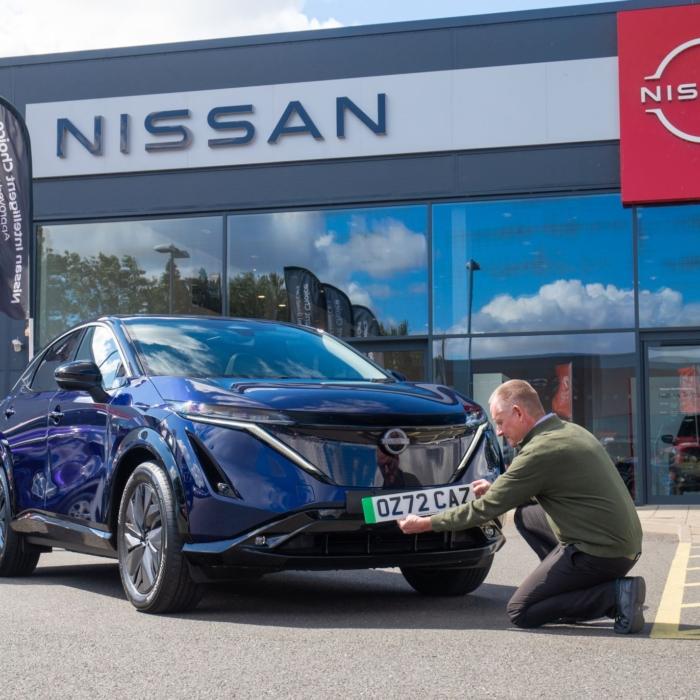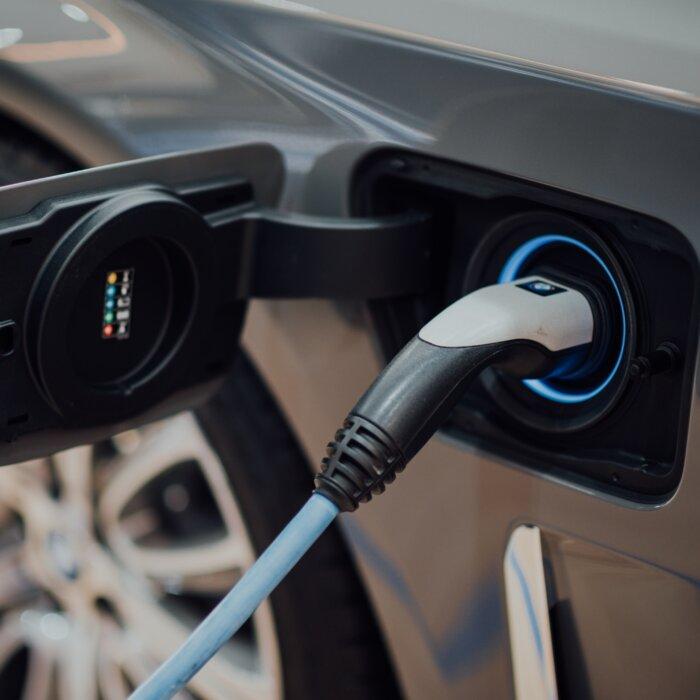Fierce competition for electric car buyers is expected this year, as China is set to claim one-sixth of the UK electric car market by 2030, according to analysis.
This is expected to trigger a price war in the UK electric car market this year.
Chinese brand MG has captured 4 percent of the market, overtaking Telsa with 3 percent of new car sales.
Other Chinese brands, like BYD, GWM and Nio are still struggling with low brand awareness in the UK market, compared with more familiar brands to Britons, like Ford.
Last year, China overtook Japan as the world’s biggest car exporter for the first time. According to Auto Trader, Chinese brands hold the pricing power in the British market, due to the gap in domestic and overseas prices, as high as £19,000 for some models.
The pricing gap gives Chinese entrants the upper hand “to take on established Western brands in the UK,” the vehicle marketplace said.
Safety Concerns
Chinese EVs have not only been reported to stir price wars in the UK market, but have also raised security concerns among auto industry experts.He suggested that the software in Chinese EVs could allow Beijing to immobilise hundreds of thousands of vehicles in a stroke remotely.
Andy Mayer, chief operating officer at the Institute of Economic Affairs, has argued that while the “Trojan horse” threat was not top of the list, concerns about third-party hackers, who could infect the car software, remained.
However, the bigger issue with the Chinese technology is its quality and the danger of batteries catching fire, Mr. Mayer added. His voice is among many that have been addressing safety risks, posed by lithium batteries that charge EVs.
Bob Blackman, chair of the All Party Parliamentary Fire Safety and Rescue Group, has been campaigning against plans to build an electric bus garage underneath a residential skyscraper in Edgware, north London.
ZEV Mandate
Safety concerns surrounding the EV technology come amid pressure by the government’s Zero Emission Vehicle (ZEV) Mandate that came into law on Jan. 3.Under the mandate, car manufacturers are required to sell a certain percentage of electric vehicles each year.
The percentage of ZEVs sales is required to reach 100 percent in 2035. Manufacturers who fail to abide by the mandate will be fined £15,000 for every internal combustion engine (ICE) car they sell above the 78 percent limit.
The pressure of the ZEV mandate is likely to lead to more competitive prices, as sellers look “to tempt retail buyers.”
Last year, the SMMT reported that drivers can’t keep up with Britain’s “ambitious EV transition timeline” following the removal of the plug-in car grant scheme in June 2022.
Under the scheme, private owners could get up to £1,500 off an EV, but the government ended the programme to focus on “improving electric vehicle charging.”







